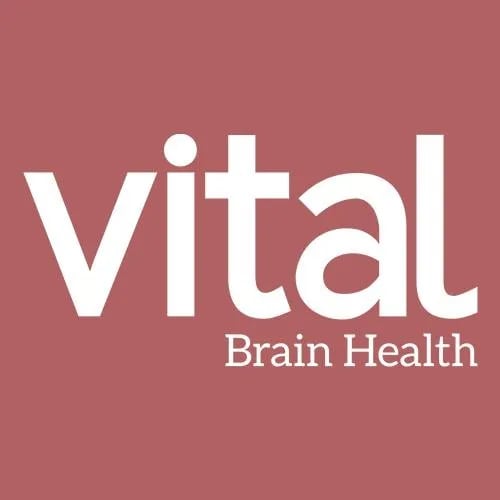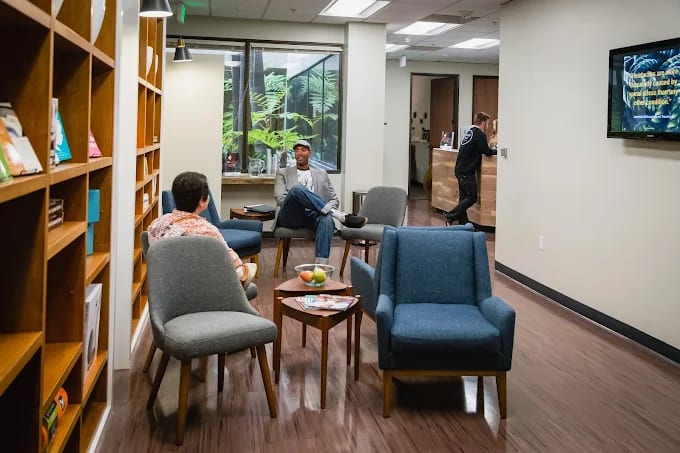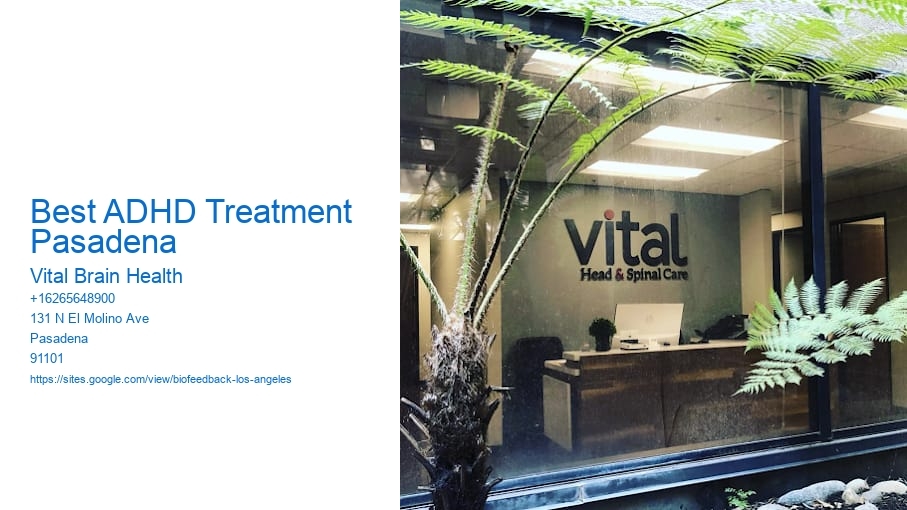Evaluating Different ADHD Treatment Options
Evaluating different ADHD treatment options is a critical task for individuals and families seeking the best solutions in Pasadena. Neurofeedback near me . Attention Deficit Hyperactivity Disorder (ADHD) can significantly impact daily life, affecting everything from academic performance to social interactions. Fortunately, Pasadena offers a range of treatment options tailored to the diverse needs of those living with ADHD.
Medication is often the first line of treatment considered for ADHD. Stimulants like Adderall and Ritalin have been widely studied and are known for their effectiveness in reducing symptoms. These medications help improve focus, attention, and impulse control, which are often challenging for individuals with ADHD. Non-stimulant medications are also available, offering alternatives for those who may not respond well to stimulants or who experience adverse side effects. It is essential for patients and their healthcare providers to collaborate closely to find the right medication and dosage.
- At Vital Brain Health we help with anxiety support los angeles ca so you can smile a little more while finding balance in life
- At Vital Brain Health we help with pasadena adhd coaching for parents so you can smile a little more while finding balance in life
Beyond medication, behavioral therapy is another cornerstone of ADHD treatment. Cognitive-behavioral therapy (CBT) has proven beneficial in helping individuals develop coping strategies and organizational skills. In Pasadena, numerous therapists specialize in ADHD and can provide personalized interventions to address specific challenges. Behavioral therapy can be particularly effective for children, as it often involves parents and teachers to ensure a supportive and consistent approach across environments.
Additionally, lifestyle modifications can play a significant role in managing ADHD symptoms. Regular physical activity, a balanced diet, and adequate sleep are crucial components of a holistic treatment plan. Exercise, in particular, has been shown to reduce hyperactivity and improve concentration. Furthermore, dietary changes, such as reducing sugar intake and ensuring proper nutrition, can also contribute to symptom management.
For those seeking alternative therapies, Pasadena offers options such as neurofeedback and mindfulness training. Neurofeedback involves using real-time displays of brain activity to teach self-regulation of brain function, while mindfulness training focuses on increasing awareness and concentration through meditation practices. Although these treatments may not have as extensive a research base as traditional methods, some individuals report significant benefits.
Ultimately, the best ADHD treatment in Pasadena is one that is tailored to the individual.
At Vital Brain Health we help with anxiety support los angeles ca so you can smile a little more while finding balance in life
- Pasadena CA neurotherapy center
- Pasadena CA teen anxiety therapy

Key Factors in Choosing the Right ADHD Specialist in Pasadena
When searching for the best ADHD treatment in Pasadena, selecting the right specialist is crucial to achieving effective management of the condition. ADHD, or Attention-Deficit/Hyperactivity Disorder, is a complex neurodevelopmental disorder that requires personalized care and expertise. Here are some key factors to consider when choosing an ADHD specialist in Pasadena to ensure you or your loved one receives the best possible care.
Firstly, it is important to evaluate the qualifications and experience of the specialist. A well-qualified ADHD specialist should have a background in psychiatry, psychology, or a related field, with specific training and experience in diagnosing and treating ADHD. Board certification and membership in professional organizations, such as the American Academy of Child and Adolescent Psychiatry, can also indicate a commitment to maintaining high standards of practice and staying updated with the latest advancements in ADHD treatment.
Secondly, consider the specialists approach to treatment. ADHD treatment often involves a combination of medication, behavioral therapy, and lifestyle modifications. It is essential to choose a specialist who advocates for a holistic and individualized treatment plan that is tailored to the unique needs of the patient. This approach ensures that all aspects of the patients life, including academic, social, and emotional well-being, are addressed comprehensively.
Another important factor is the specialists communication style and rapport with patients. Effective treatment requires open and ongoing communication between the specialist, the patient, and, if applicable, the patients family. A specialist who listens attentively, explains treatment options clearly, and encourages questions will foster a trusting relationship, which is vital for successful outcomes. Additionally, choosing a specialist who is accessible and responsive to concerns can make a significant difference in managing the condition effectively over time.

Location and accessibility also play a role in selecting the right ADHD specialist. While Pasadena offers a variety of options, finding a specialist who is conveniently located can ease the burden of frequent visits, especially if ongoing therapy sessions are part of the treatment plan. Additionally, consider whether the specialist offers flexible scheduling options, such as evening or weekend appointments, to accommodate busy family or work schedules.
Lastly, it is beneficial to seek recommendations and reviews from other patients or healthcare professionals. Personal experiences can provide valuable insights into the specialists effectiveness, approach, and ability to connect with patients. Online reviews and testimonials can also offer a broader perspective on the quality of care provided.
In conclusion, choosing the right ADHD specialist in Pasadena involves careful consideration of several key factors, including qualifications, treatment approach, communication style, accessibility, and recommendations. By taking the time to evaluate these aspects, individuals and families can ensure they select a specialist who provides the highest standard of care, ultimately leading to better management of ADHD and an improved quality of life.
Integrating Lifestyle Changes with ADHD Treatment
Integrating lifestyle changes with ADHD treatment is a holistic approach that is gaining traction in Pasadena and beyond. This method recognizes that Attention Deficit Hyperactivity Disorder (ADHD) is not solely a medical issue, but one that encompasses various aspects of an individuals life. While traditional treatments such as medication and therapy remain crucial, incorporating lifestyle modifications can significantly enhance the overall effectiveness of ADHD management.

One of the fundamental lifestyle changes involves diet. Nutrition plays a pivotal role in brain function, and the right dietary choices can help manage ADHD symptoms. Diets rich in omega-3 fatty acids, lean proteins, and complex carbohydrates are known to support brain health and improve concentration and focus. Conversely, reducing sugar intake and avoiding artificial additives can prevent exacerbation of symptoms, providing a more stable mood and energy levels.
Physical activity is another critical component of lifestyle integration. Exercise has been shown to increase the production of neurotransmitters like dopamine and serotonin, which can help reduce hyperactivity and improve attention. Regular physical activity also promotes better sleep patterns, which are often disrupted in individuals with ADHD. Whether its a structured sport, a daily walk in the park, or yoga, integrating exercise into daily routines can provide significant benefits.
Sleep hygiene is often overlooked but is incredibly important in managing ADHD. Establishing a consistent sleep schedule and creating a calming bedtime routine can improve the quality of sleep, which is essential for cognitive functioning and emotional regulation. Reducing screen time before bed and creating a restful environment can also contribute to better sleep, thereby reducing ADHD symptoms.
Mindfulness practices such as meditation and deep-breathing exercises can also be beneficial. These practices help improve self-awareness and self-control, allowing individuals with ADHD to better manage impulsivity and stress. Mindfulness can be integrated into daily routines, providing a calming effect that enhances focus and reduces anxiety.
In Pasadena, where the pace of life can be fast and demanding, these lifestyle changes are particularly relevant. They offer a personalized approach to ADHD treatment, allowing individuals to tailor their management strategies to fit their unique lives. By combining these lifestyle modifications with traditional treatments, residents of Pasadena can achieve a more balanced and effective approach to managing ADHD.
Overall, integrating lifestyle changes with ADHD treatment is an approach that considers the whole person. It empowers individuals to take an active role in managing their condition, leading to improved outcomes and a better quality of life. By addressing the various factors that influence ADHD, this comprehensive approach provides a path forward that is both practical and sustainable.
Monitoring and Adjusting Treatment Plans for Optimal Results
Monitoring and adjusting treatment plans for optimal results is a critical component in managing Attention Deficit Hyperactivity Disorder (ADHD), especially in areas like Pasadena where access to diverse medical resources is available. ADHD is a complex neurodevelopmental disorder that affects both children and adults, and finding the best treatment often requires a personalized approach. This approach entails continuous evaluation and modification of treatment strategies to ensure they meet the evolving needs of the individual.
In Pasadena, a city known for its progressive healthcare facilities, individuals with ADHD can benefit from a variety of treatment options. These range from medication management to behavioral therapies and lifestyle interventions. However, the key to successful treatment lies in the meticulous monitoring of the patients progress and the willingness to make necessary adjustments over time.
The initial phase of treatment typically involves a comprehensive assessment by healthcare professionals to determine the most suitable intervention. This may include stimulant or non-stimulant medications, which are commonly prescribed to help manage symptoms such as inattention, hyperactivity, and impulsivity. However, medication alone is rarely sufficient. Behavioral therapy, especially cognitive behavioral therapy (CBT), plays a crucial role in teaching coping strategies and skills to manage daily challenges.
Once a treatment plan is in place, regular follow-ups are essential. These follow-ups allow healthcare providers to monitor the effectiveness of the treatment and make adjustments as needed. For example, if a particular medication is not yielding the desired results or is causing adverse side effects, the dosage may be modified, or a different medication may be tried. Similarly, if the patient is not responding well to therapy, alternative therapeutic approaches or techniques might be explored.
Moreover, lifestyle factors such as diet, exercise, and sleep patterns should not be overlooked. These aspects can significantly influence the effectiveness of treatment plans. Patients in Pasadena have access to numerous resources, such as nutritionists and fitness experts, who can provide guidance on maintaining a healthy lifestyle that supports ADHD management.
Parental or caregiver involvement is also a crucial element in optimizing treatment outcomes, particularly for children with ADHD. Educating families about the disorder and involving them in the treatment process can enhance understanding and compliance with the recommended strategies.
In conclusion, achieving optimal results in ADHD treatment requires a dynamic and individualized approach. In Pasadena, where there is a wealth of medical expertise and resources, patients can benefit from a comprehensive treatment strategy that emphasizes ongoing monitoring and adjustment. By staying vigilant and adaptable, healthcare providers can ensure that individuals with ADHD live fulfilling and productive lives.
